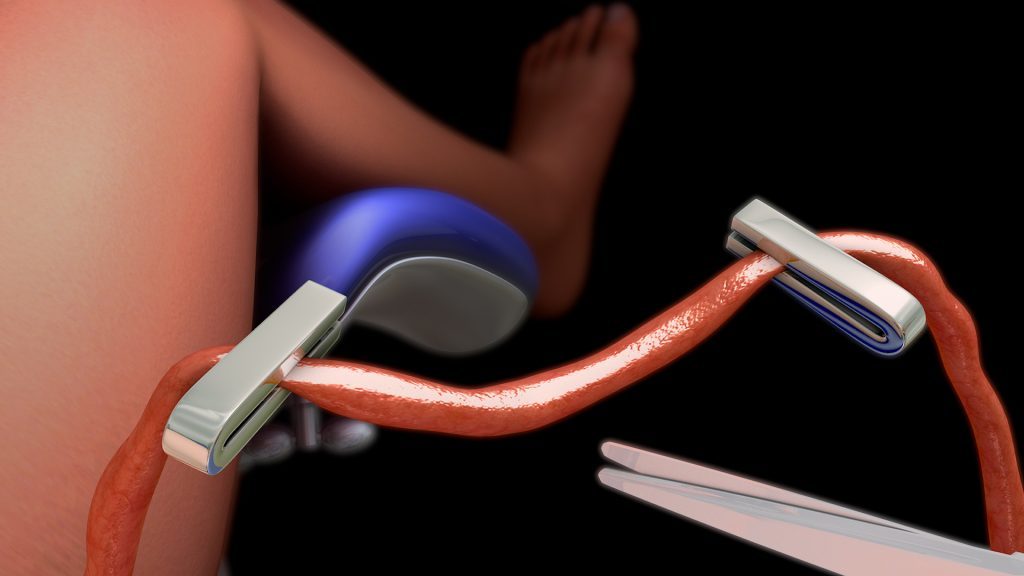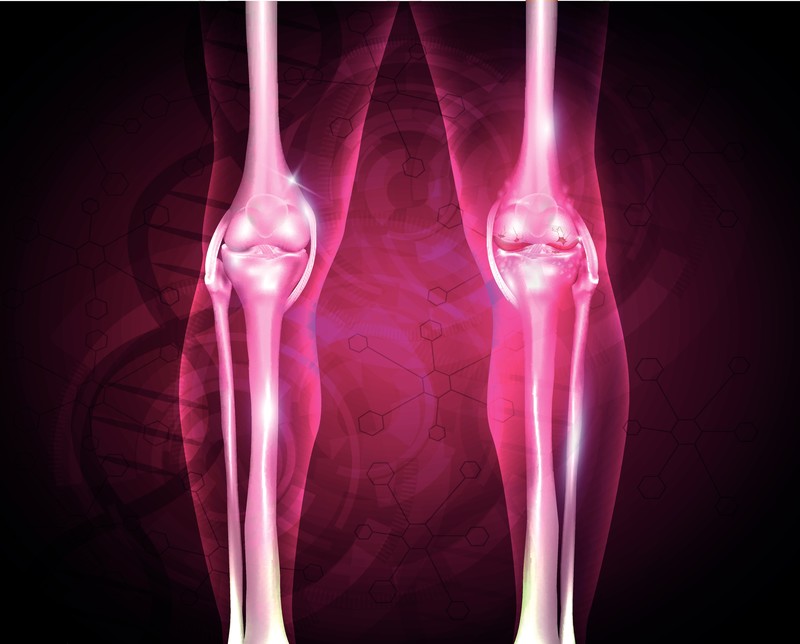Umbilical Cord Stem Cell Therapy in Round Rock TX
What is umbilical cord tissue and blood?
The umbilical cord blood collected at birth is a rich source of stem cells that often can be collected from a newborn baby right after birth. Since the umbilical cord and placenta is often discarded as biological waste, it is not unethical for these tissues and substances to be used for stem cell therapy. Umbilical cord tissue and blood are rich in stem cells. Hematopoietic stem cells can be used to generate cells of the immune system to treat a variety of conditions, such as autoimmune diseases, arthritis, organ failure, diabetes and neurodegenerative conditions.
Why use umbilical cords?
Umbilical cord blood is contained in the umbilical cord and placenta of a newborn child. It is easily collected and often frozen for later use. The blood contains hematopoietic stem cells, which can produce all other types of cells found in the blood, such as cells of the immune system. Injections and infusions of hematopoietic stem cells from cord blood and tissue are used to treat diseases, such as arthritis, diabetes, organ failure, autoimmune syndromes, etc. Compared to bone marrow stem cells, umbilical cord stem cells appear to lead to fewer immune system incompatibilities.
What conditions have been treated using umbilical cord-derived stem cells?
Many clinical studies have been conducted using umbilical cord-derived stem cells. In a recent study, significant improvements were seen in patients with systemic lupus erythematosus (ages 17 to 55 years). In patients with lupus nephritis, proteinuria was reduced in most patients 3 months following stem cell transplantation, and many participants had positive changes in albumin levels. Regarding bronchopulmonary dysplasia in premature infants, the treatment group had less tracheal aspirate after a week of therapy. Furthermore, patients with HIV who received umbilical cord stem cells had improved CD4 T-cell counts after six months of therapy, and disease symptoms were lessened.
In another clinical trial, 30 patients with stable heart failure received optimal also underwent intravenous (IV) infusions of umbilical cord-derived stem cells or a saline infusion. The patients who were treated with stem cells showed sustained and significant improvements in their cardiac ability to pump blood for one year after treatment. In addition, improvements were noted in quality of life and daily functional status.
A search of PubMed for umbilical cord stem cell therapy returns thousands of results from the peer reviewed literature showing the effectiveness for arthritis, neurodegenerative conditions, autoimmune syndromes, organ failure and sports injuries too.
How do umbilical cord stem cells work?
Stem cells from umbilical cord tissue and blood are able to repair and self-renew. To date, there have been over 30,000 stem cell transplants for treatment of more than 80 medical conditions. Stem cells have the ability to divide and develop into cells that replace the injured, sick, or damaged cells they are administered to treat. Stem cells help the body by regenerating new tissue or body substances. Stem cells also release messenger compounds that stimulate other cells to begin the regeneration and healing process, and they have immune-modulation properties that allow them to reduce inflammation and treat chronic disease.
Is stem cell therapy safe?
Most stem cell injections are done using ultrasound guidance, or the cells are given intravenously. There is no more risk than other procedures that involve joint injections or IV administration of fluids. Stem cell therapy by transplantation involves implanting the cells to help with tissue regeneration. This can also improve function, relieve pain, and shorten recovery. Stem cell therapy is extremely safe and effective, and in Europe alone, over 100,000 patients have been treated.
Resources
Jorge G Bartolucci, Fernando J Verdugo, Paz L González, Ricardo E Larrea, Ema Abarzua, Carlos Goset, Pamela G Rojo, Ivan Palma, Ruben Lamich, Pablo A Pedreros, Gloria Valdivia, Valentina M Lopez, Carolina Nazzal, Francisca Alcayaga, Jimena Cuenca, Matthew J Brobeck, Amit N Patel, Fernando E Figueroa, Maroun Khoury. Safety and Efficacy of the Intravenous Infusion of Umbilical Cord Mesenchymal Stem Cells in Patients With Heart Failure: A Phase 1/2 Randomized Controlled Trial (RIMECARD Trial). Circulation Research, 2017 DOI: 10.1161/CIRCRESAHA.117.310712



